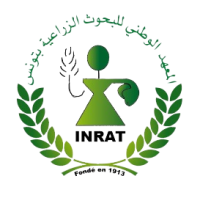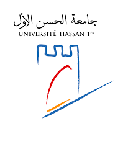ABOUT US




The CombiFarm project develops living labs to demonstrate: (1) circular farming systems combining energy, carbon and nutrient recovery systems based on low-cost biochar, biogas, and microalgae fertigation technologies together with (2) sustainable cropping systems based on low-input crops (alfalfa, sorghum, durum wheat, pearl millet, lentils, quinoa, chickpea, aloe vera, prickly pear cactus, salicornia, glassworts, aromatic crops) and (3) solar-powered smart drip irrigation systems to generate (4) high-value bioproducts including food, feed, cosmetics and biopesticide production at local level. The project will develop and demonstrate the integrated systems in real conditions at selected pilot sites near Settat, Ait’Mhamed and Dakhla island, Morocco, as well as Mateur, Tunisia, and Ljubjana, Slovenia. Low-cost pyrolysis cookstoves of 30L following Indian-type “Anila stove” batch Top-Lid Up-Draft (TLUD) design will be deployed at the pilot sites for combined production of biochar (soil conditioner) and heat (clean cooking from solid agro-industrial residues. In Settat, a 10m3 biogas reactor currently installed by a Moroccan company using local sustainable materials (brick walls and earth insulation) will be used in the project. Downstream of the biogas reactor, a press filter will be installed for solid-liquid separation, which can be facilitated by biochar addition. Microalgae cultivation will take place in mixotrophic mode (microalgae operating in synergy with bacteria for bioconversion of organic matter) in different configurations: 1) on separated liquid effluent of the biogas reactor (in Settat, Morocco), 2) on aquaculture effluents (in Dakhla, Morocco), 3) on agro-industrial effluents, including olive oil and cheese whey (in Mateur, Tunisia and Ljubjana, Slovenia). Microalgae will not be harvested, but delivered to the test fields as fertigation (ferti-irrigation) with biostimulant effect, hence saving the costs of microalgae harvest. Microalgae biofilms will be grown, allowing for direct harvesting as transportable biostimulants. Public access of pilot monitoring data will be ensured by linking IoT sensors to a cloud-based digital platform. The






.jpg)





